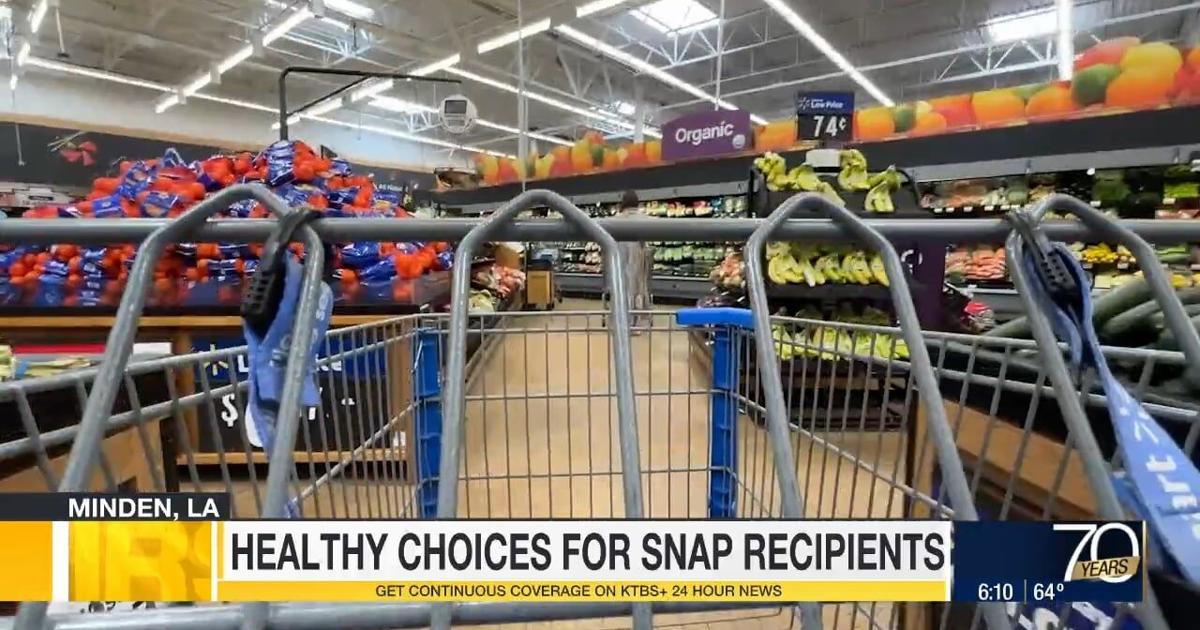
Incentive Program Launched in Louisiana to Promote Healthy Eating Among SNAP Recipients
Mindful of the rising concerns surrounding nutrition and food accessibility, Louisiana has launched a pilot program aimed at enhancing healthy eating habits among recipients of the Supplemental Nutrition Assistance Program (SNAP). The initiative, which officially commenced on April 14, is presently operational in six parishes, including Webster, and is part of the larger USDA Food and Nutrition Service’s Electronic Healthy Incentives Project (eHIP).
The program operates on the premise that financial incentives can significantly encourage the consumption of fresh produce. Research has indicated that such incentives can lead to a 26% increase in fruit and vegetable intake. Under this initiative, SNAP recipients can receive up to per month in rewards for purchasing fresh fruits and vegetables. Specifically, participants earn a 30-cent bonus for every dollar spent on eligible produce at participating Walmart locations—there are 13 stores included in this initiative. Notably, the program requires no additional enrollment, streamlining the process for beneficiaries.
Responses from shoppers have varied. One patron at the Minden Walmart expressed optimism about the incentives, stating, “It’s nice to have some incentives, you know, to get people to eat healthier again.” Kimberly Chandler, a mother of three who is not on SNAP but has family members who are, emphasized the importance of increasing fruits and vegetables in diets, citing concerns about chemical additives in processed foods. “We need to get away from all these additive chemicals… I feel like it would just be great if we could make a change,” she remarked.
However, the initiative has not been universally embraced. Concerns have been raised regarding potential government overreach in dictating consumer choices. Monica Moore, another shopper, voiced skepticism, suggesting that even with incentives, some recipients might not utilize them effectively. “Once they get it, they’re not going to eat it,” she noted, questioning whether the initiative will achieve its intended outcomes of improving children’s nutrition.
The USDA’s focus on this program is particularly relevant in regions where access to healthy food options is limited. The pilot encompasses a range of parishes, including Ascension, LaSalle, Sabine, Tangipahoa, and West Carroll, all of which face ongoing food accessibility challenges.
The Louisiana Department of Children and Family Services is managing the program, which is slated to run for an initial period of six to nine months. While the current rollout does not include parishes like Caddo and Bossier, future expansions may be contingent upon the program’s performance and its effectiveness in achieving improved dietary choices among SNAP participants.
As the initiative unfolds, stakeholders will closely monitor its impact on nutrition and health, providing valuable insights that may shape future food assistance programs in Louisiana and beyond. In the broader context of rising interest in public health nutrition, such efforts underline the necessity to address both immediate dietary needs and long-term health outcomes for vulnerable populations.


